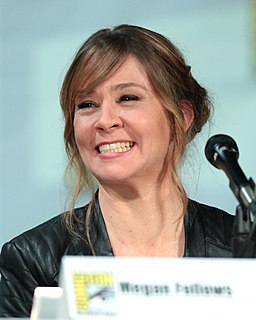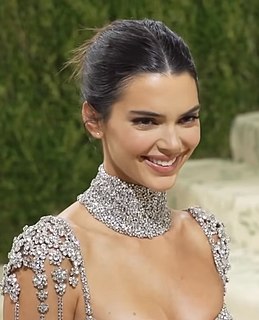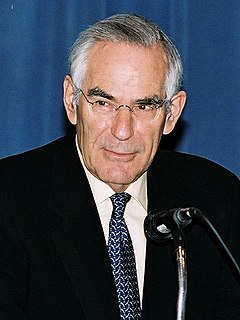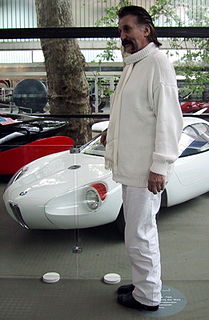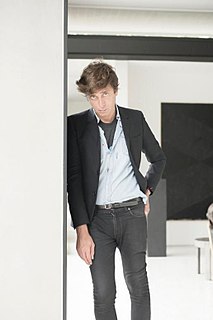A Quote by Alison Jackson
I can't remember exactly how old I was when my parents gave me my first camera, but it was a Canon, and I was certainly far too young to have such a good camera.
Related Quotes
The difference between an amateur and a professional photographer is that the amateur thinks the camera does the work. And they treat the camera with a certain amount of reverence. It is all about the kind of lens you choose, the kind of film stock you use… exactly the sort of perfection of the camera. Whereas, the professional the real professional – treats the camera with unutterable disdain. They pick up the camera and sling it aside. Because they know it’s the eye and the brain that count, not the mechanism that gets between them and the subject that counts.
My parents offered me my first camera for my birthday and I developed an exclusive passion for it over the years. Since I was not the most social kid on the block, the camera helped me to express myself, invent my own language - something like a secret garden. I decided early on I would not write in a diary but take silent photographs instead.

